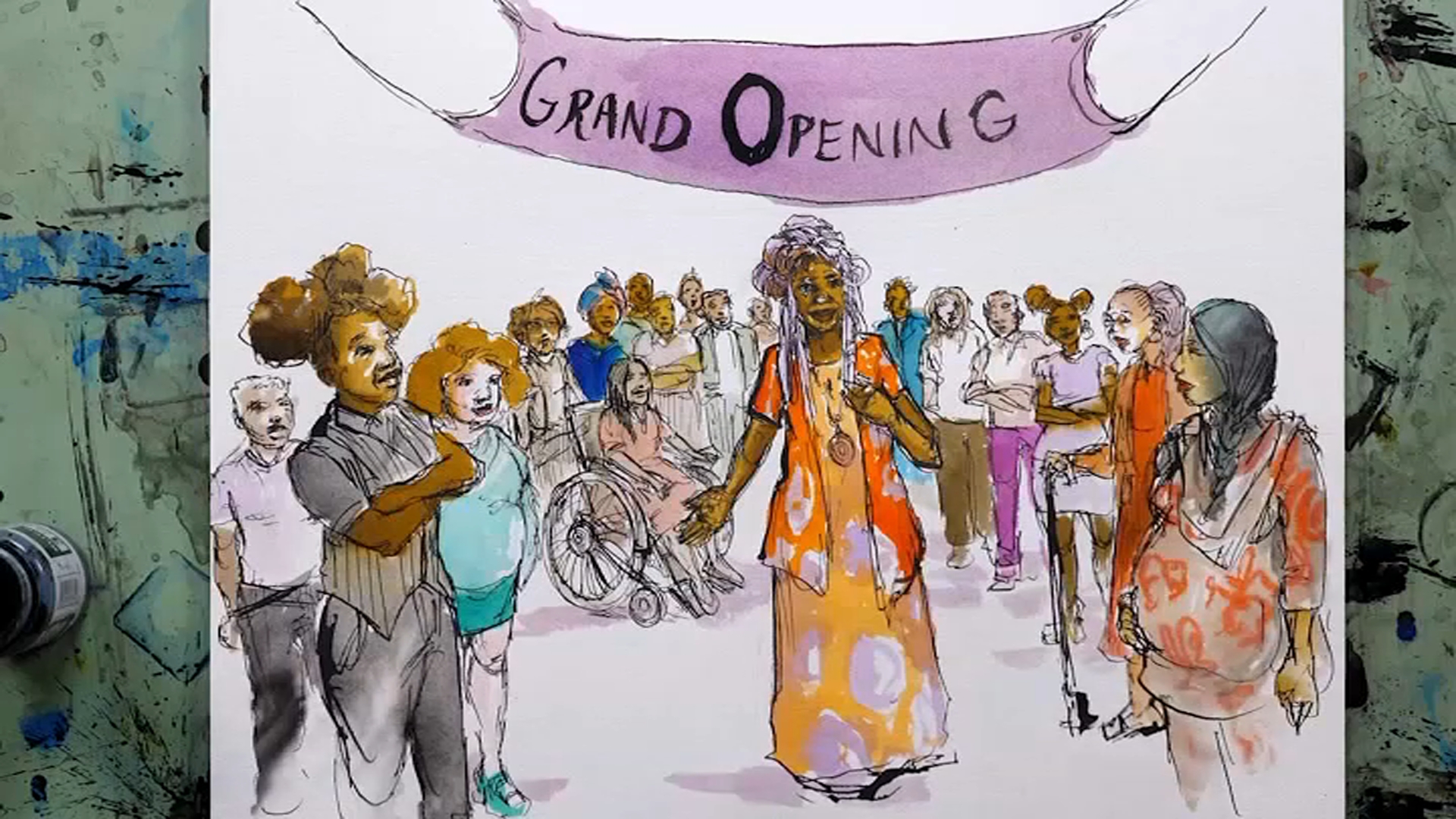Most people think of fruit flies as a nuisance, but in Biddeford, Maine, researchers think they could lead to a medical breakthrough.
The University of New England has received two grants, totaling about $5 million, to develop less-addictive opioids.
Their goal is to discover a drug that will treat chronic pain, without side effects, such as abuse liability. Opioids, such as oxycodone and morphine, are common gateway drugs to heroin.
"Obviously there is a crisis right now with opioid prescription drugs, and with people that are starting to use heroin more frequently again, we need to do something immediately," said Dr. Ed Bilsky, Professor of Pharmacology and Vice President for Research and Scholarship at the University of New England.
Bilsky said their research is promising, and there are several "high leads."
Part of their research comes from the UNE Fruit Fly lab by Doctor Geoffrey Ganter.
Because the fruit fly has such a short life cycle, scientists can easily manipulate and test genes.
Health
Ganter's team is simulating acute and chronic pain with different fruit flies, which helps Bilsky's team understand how those genes encode certain proteins. The proteins are the targets for their opioids.
"This could be a blockbuster, let's face it," said collaborating researcher, Dr. Karen Houseknecht. "We have pain medications that work to varying degrees, and they all have problems."
It can take 15 years for drugs to go from clinical trials to the market. As they continue to their work in the lab, Bilsky said it is important to stay involved in the community.
He has helped put together a drug task force in Biddeford, which includes law enforcement, drug treatment and education specialists, and people impacted by addiction.
One of the members of the task force, Matthew Braun, works as an addiction consultant. He said his drug addiction started with opiates, which led to heroin.
"It really does take a community [to address the heroin epidemic," said Braun. He said the work of the UNE researchers brings him hope that someday, fewer people will become addicted to painkillers and heroin.
"Attacking it from that [medical] angle is an important angle," said Braun.



